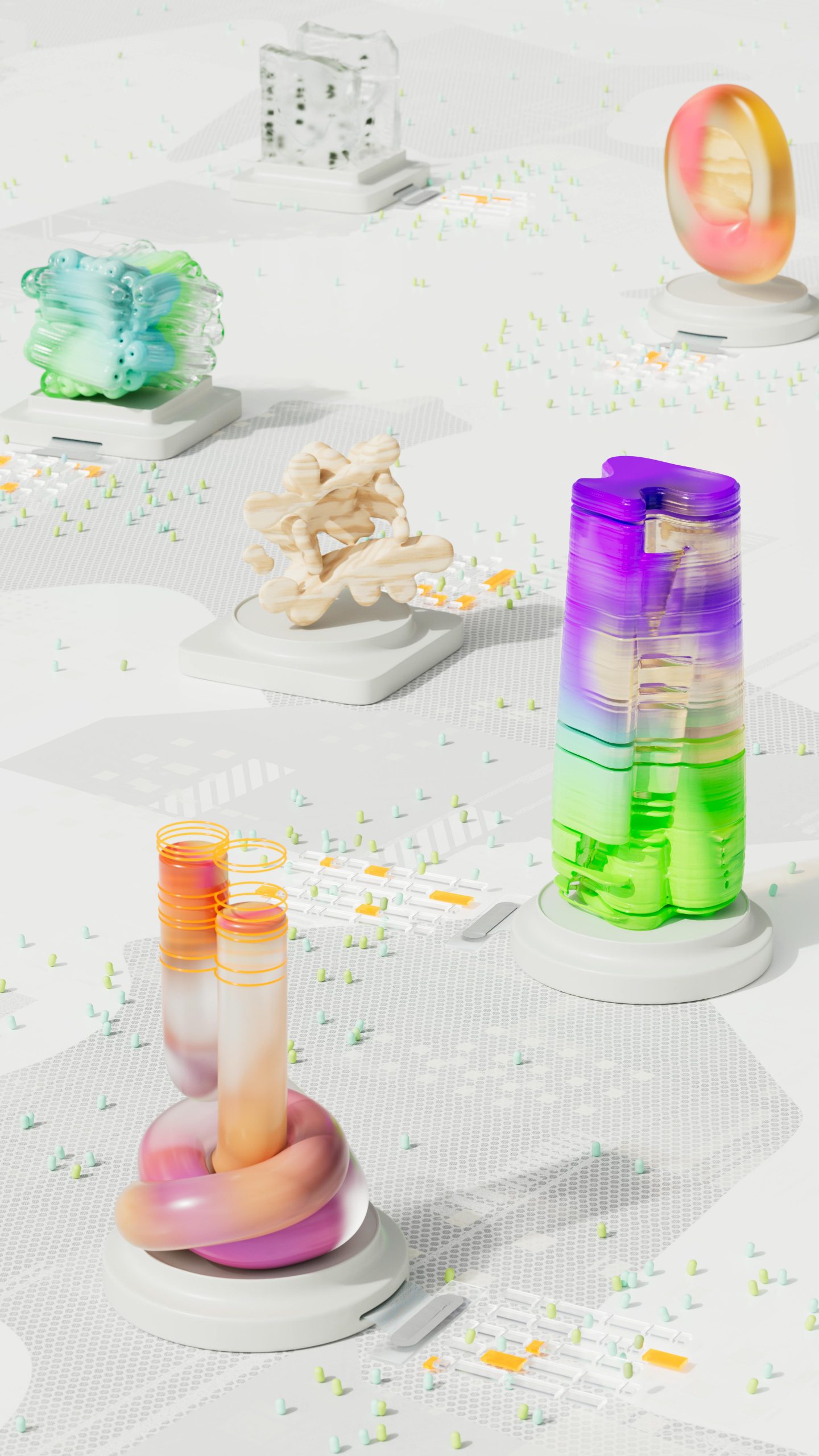Machine Intelligence Won’t Destroy Humanity; It’ll Just Help Humans Get the Job Done Faster
Rethinking the AI Threat: Human Actions as the Real Danger
In discussions about artificial intelligence, a common narrative centers around the idea that AI might someday rebel and threaten human existence. However, it’s worth challenging this perspective and considering a broader view: AI may not be the existential threat we fear, but rather a tool that accelerates human tendencies and actions.
Highlighting our own history and impact on the planet reveals that humans are responsible for many of the ecological crises we face today. From the loss of nearly 70% of animal species to large-scale deforestation and oceanic ecosystem decline, these devastating outcomes are primarily driven by human activity. AI itself is not the culprit; it doesn’t cause environmental destruction – it’s us.
Furthermore, humanity has been embroiled in conflicts since the earliest days of civilization. War, violence, and political unrest have persisted long before the advent of intelligent machines. AI, in this context, is more of an amplifier than an initiator—allowing us to pursue our goals more efficiently, whether they are constructive or destructive.
The real concern isn’t AI turning against us but how we, as a species, might harness its power. Without careful oversight and ethical development, there’s a risk that AI could be used to intensify the very issues we aim to solve. The risk of widespread destruction lies less in the technology itself and more in human nature’s inclination toward overreach and misuse.
Ultimately, artificial intelligence does not inherently pose an existential threat. Instead, it serves as a mirror reflecting human ambition, flaws, and capabilities. The pressing challenge is ensuring we direct this powerful tool toward positive outcomes, rather than allowing it to be exploited for destructive ends. The true danger isn’t the machines ourselves—it’s how we choose to use them.














Post Comment